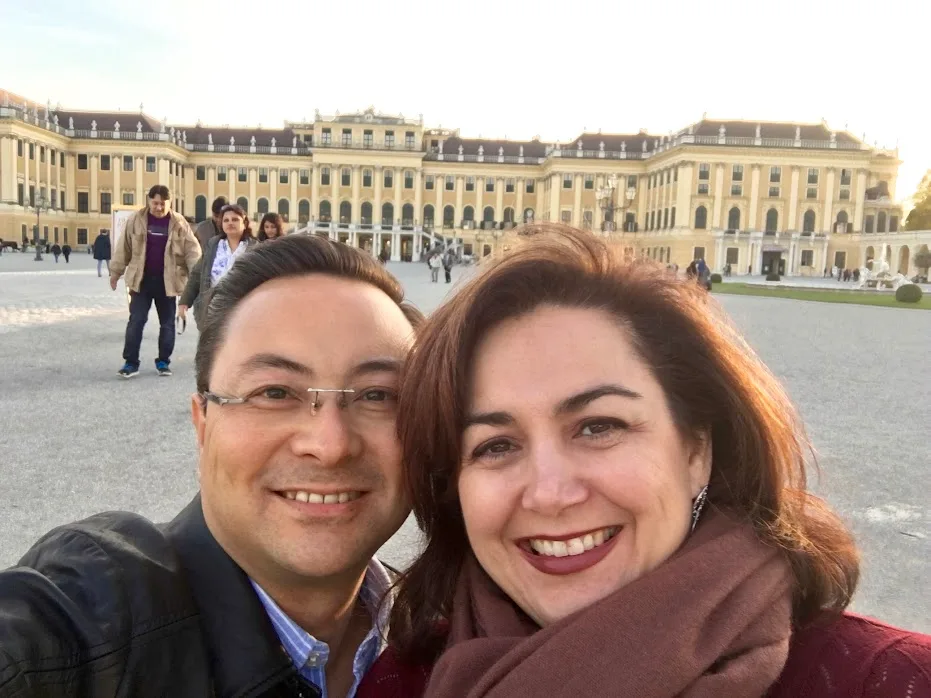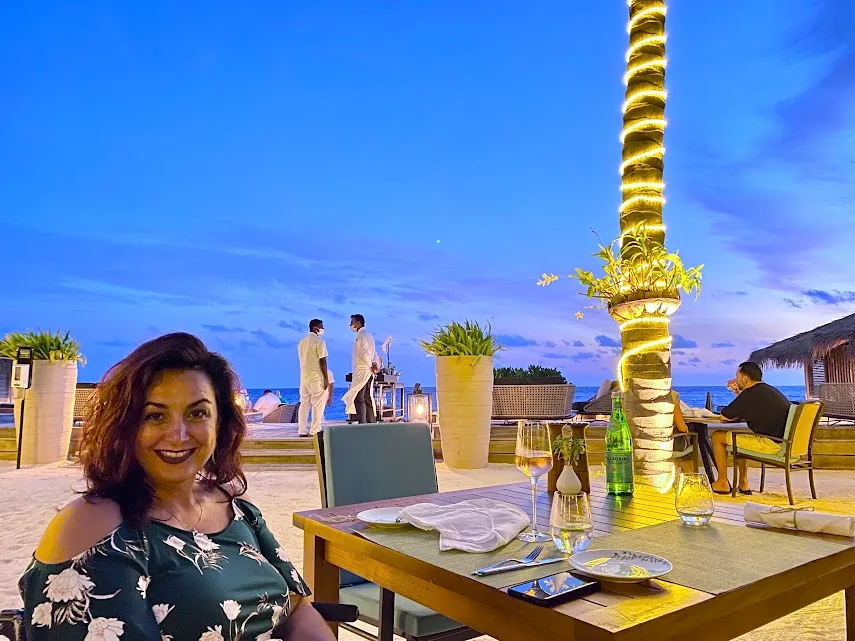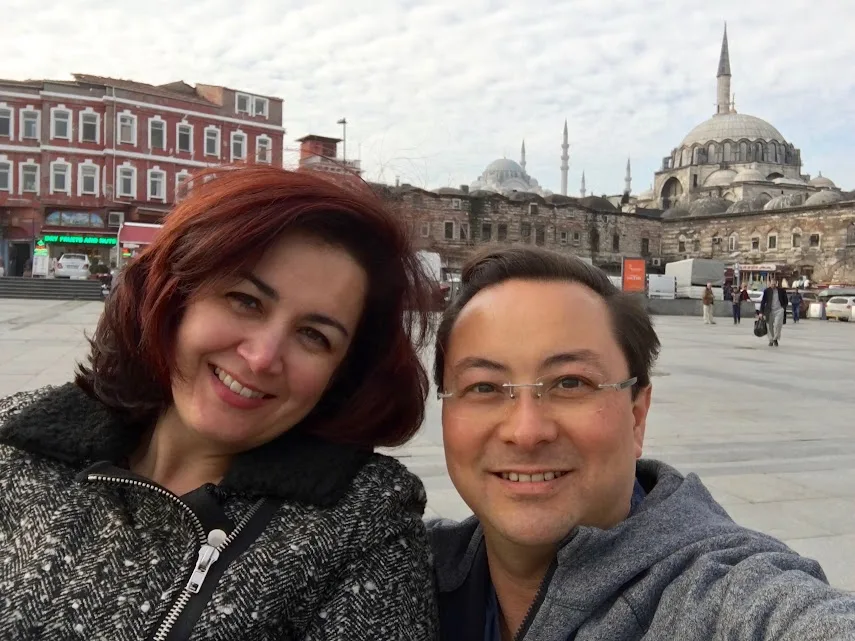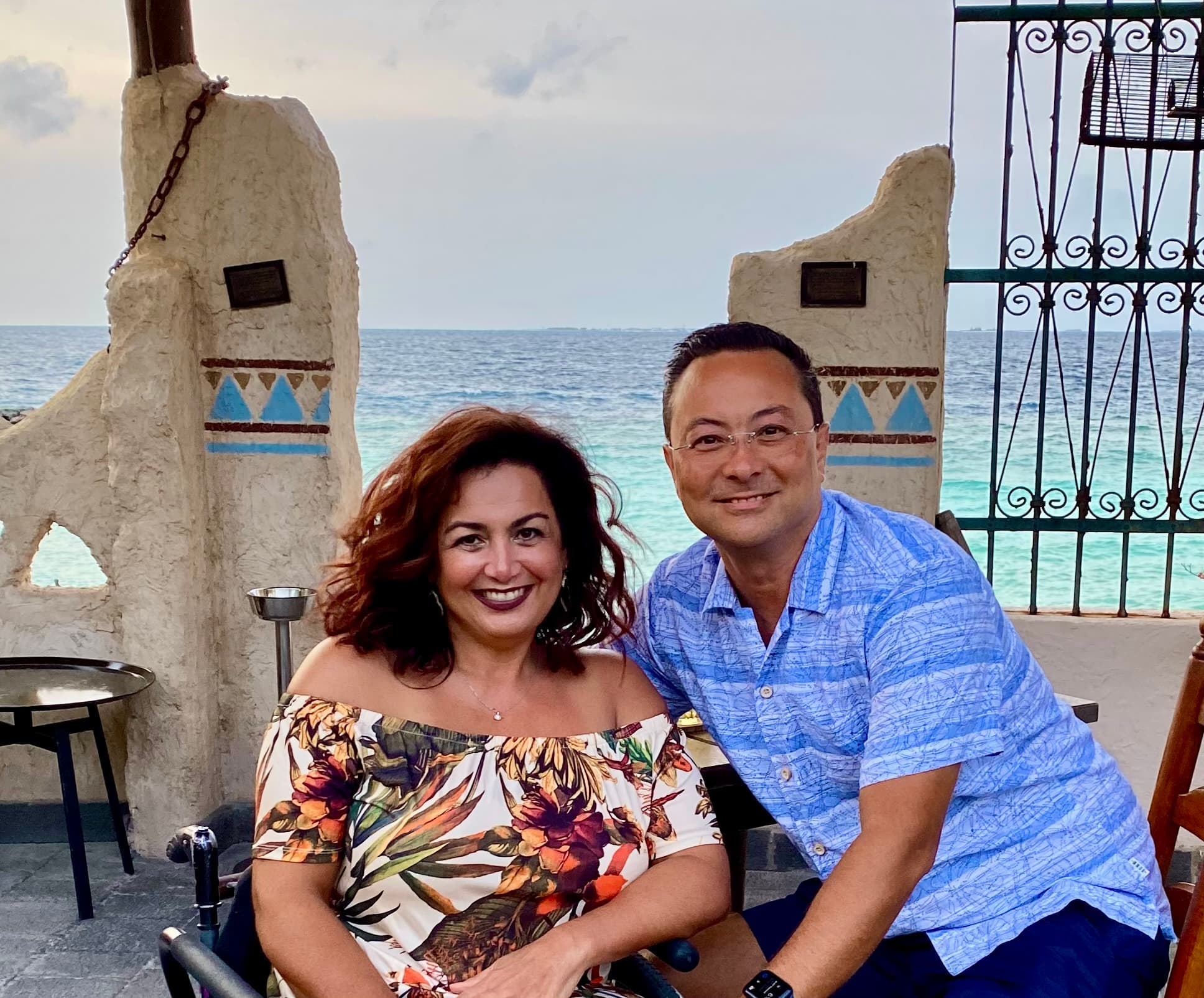
Glenn & Judy Tudor, the Vegas-based, husband-and-wife travel advisor team, are no strangers to the travel industry. They’ve explored the far corners of the globe together, with adventures to Thailand, the Maldives, Istanbul and beyond.
As a travel advisor who is also a full-time wheelchair user, Judy has a passion for inspiring others to travel the world. While she works with a wide variety of clientele, she has a particular emphasis on empowering travelers in the accessible community and frequently shares insight on accessible travel (her tips were recently featured in USA TODAY).
Read on for more on Judy’s travel story, her tips for planning accessible travel in 2022, and her favorite destinations for an accessible getaway.
Interested in planning a trip with Glenn and Judy? Connect with them today:
For Glenn and Judy, travel was a natural career choice.
In 2014, Glenn and Judy decided to re-examine their life goals and take their travel up a notch.
“Given all the unknowns about how my disability would progress over time, we wanted to complete some major bucket list trips while I was still physically able to endure the challenges of traveling abroad,” said Judy.
Their first big trip was to Australia, and the rest, they say, is history.
“As our travel expertise grew, we became informal travel advisors to our circle of influence. It was a natural fit to become official travel advisors, because for us, it’s not only about the destination, but about the planning and the journey to get there. We aim to inspire others who might believe that travel is unattainable because it’s too complicated, too expensive or just plain difficult.”
Across the world, accessibility is improving – but we have a long way to go.
The industry has been making strides to improve accessibility for travelers around the world. For instance, high-traffic sites like the Eiffel Tower in Paris and the Blue Mosque in Istanbul now allow people with disabilities to skip long lines (and enter for free, or for a reduced price). Universal design – which advocates that all attractions, transportation and lodging be designed to meet all ability needs – “is gaining traction as a movement,” Judy said.
But there is still a long way to go. Both air travel and public transportation pose ongoing challenges for people with disabilities, and accessible tour options are limited. That’s why planning ahead is critical.

Planning ahead is crucial when it comes to accessible travel.
“When planning travel for people with disabilities, it’s important to ask a lot of questions,” Judy says. “Accessibility is a broad term that can mean very different things for different people, which is why I appreciate it when someone is willing to ask questions to understand my specific needs.”
Judy advises asking travelers what they have done in the past to ensure their travel went smoothly, and if any issues have gotten in the way of them having a great vacation otherwise.
For wheelchair users, Judy recommends asking specific questions about their mobility, including if they are able to walk for short distances, if necessary. If they are a full-time wheelchair user, ask them about the width of their wheelchair, and call ahead to confirm the width of doorways at their hotels.
“It’s also a good idea to ask hotel staff to send pictures of the shower, tub and toilet area, to determine if the hotel will meet the traveler’s unique requirements,” Judy said.

Some destinations are more accessible than others.
No destination is off-limits to travelers with disabilities – but Judy explained that certain locations and experiences are more accessible (and more conducive to a great vacation) than others.
Judy recommends ocean cruising as a way to experience several destinations in a convenient and fun way. Many cruise ships are designed to accommodate guests with mobility issues, and offer accessible options for excursions.
“Even when some of the destinations are challenging for accessibility, you always know you can come back to an accessible ship,” she said.
As far as cities go, Judy recommends cities that have invested in accessible infrastructure.
“Cities like Barcelona and Sydney are typically safe bets for travelers with disabilities, as they host the Special Olympics and make modifications to accommodate people with a range of disabilities,” Judy said.
Vienna and Singapore are other favorites of Judy’s. Vienna, for its wide avenues that are pedestrian-only, and Singapore, for its accessible metro system.
“We were able to get into most attractions, shops and restaurants with minimal steps,” she said.
Interested in planning a trip with Glenn and Judy? Connect with them today.

